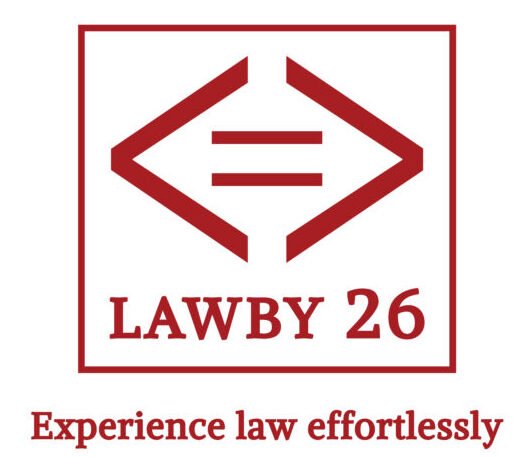“Once the time has began to run, no subsequent disability can stop it”
The above phrase is mentioned under Section 9 of Limitation Act,1963 which emphasises that once the period of limitation has commenced for a particular legal action, it typically cannot be stopped or paused. The clock continues to run until the expiration of that specific period, after which legal action might be barred. The act applies broadly to civil cases, arbitrations, and claims stemming from the Indian Contract Act of 1872.
Varied time limits
The Act sets different time limits for different suits.
|
SUITS CONCERNING |
LIMITATION PERIODS |
|
Immovable property possession, trusts |
Twelve years |
|
Indian Contract Act |
Three years |
|
Movable property, accounts |
Three years |
|
Mortgaged properties (if the mortgagor reclaiming or mortgagee foreclosing) |
Thirty years |
|
Tort-related suits |
One year (with exceptions for certain cases) |
|
As per Negotiable Instruments Act, recovery suit for cheque bounce |
Three years |
|
Appeals under the Civil and Criminal Procedure Code |
Thirty to Ninety days |
Extension and Exceptions
Certain situations or legal actions might have provisions where the limitation period can be extended, delayed, or in some cases, reset.
These instances often involve situations including when the plaintiff was under a disability, or where certain acknowledgement or agreements were made regarding or claim in question.
Section 17 of the Limitation Act allows an extension if the debtor conceals facts or commits fraud, extending the period until the creditor discovers this.
The recent Supreme Court clarification on the 2021 Suo moto order during COVID-19 extended both the time limits for case filing and the windows for courts to pardon delays, contradicting the prior Sagufa Ahmed Case ruling.
The order effectively nullified the Sagufa decision, signalling a substantial shift in implementing time constraints in legal proceedings amid the pandemic.
Specific Performance Lawsuit
The Supreme Court in the case of A.Valliammai v. K.P Murali and Others (2023 INSC 823) clarified that when there is no fixed time for a contract’s performance, a lawsuit for specific performance must be filed within 3 years from either the performance date or when the plaintiff is informed of the refusal.
A plaintiff’s notice of refusal determined the expiration of the time limit, giving a specific performance lawsuit invalid due to exceeding the time frame
Conclusion
Above Supreme Court judgements have highlighted the need for timely compliance to legal obligations. Legal time constraints dictate when to initiate legal action and despite certain exceptions and extensions provided by law.
Done By: V. Madhumitha, 5th year B.A, LL.B(Hons.)
SRM University, Kattangulathur
For Origin Law Labs



